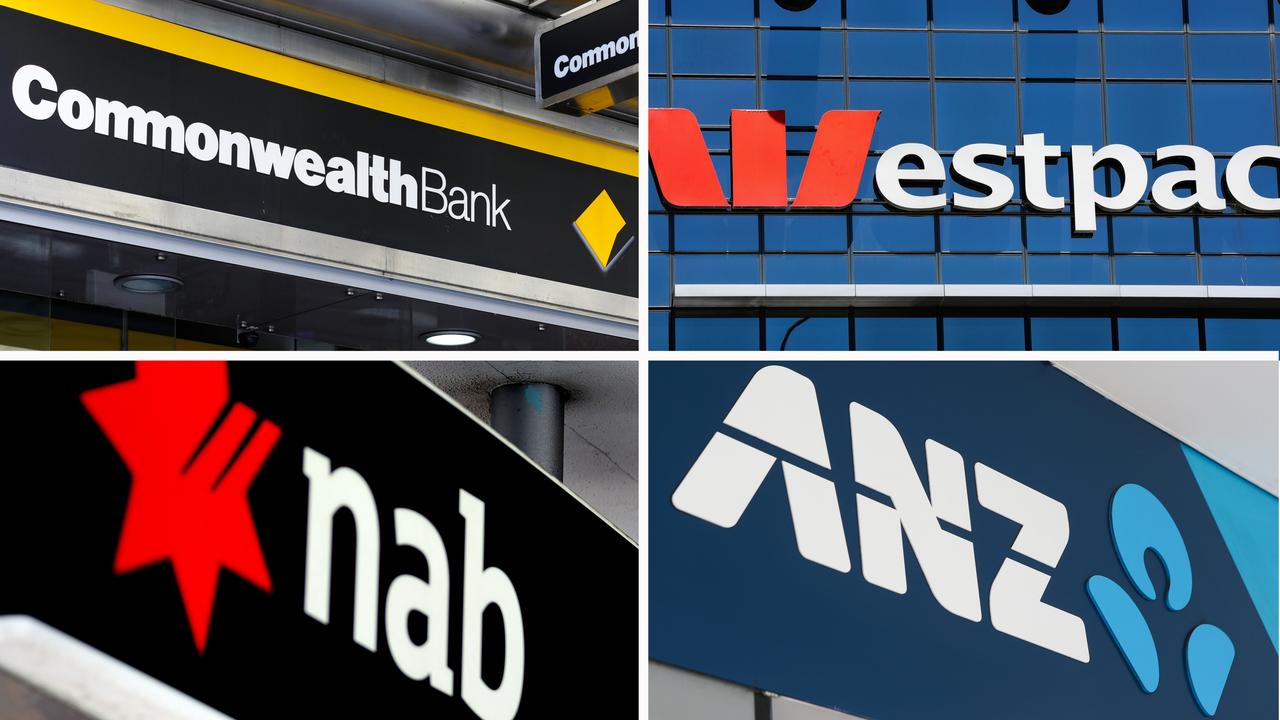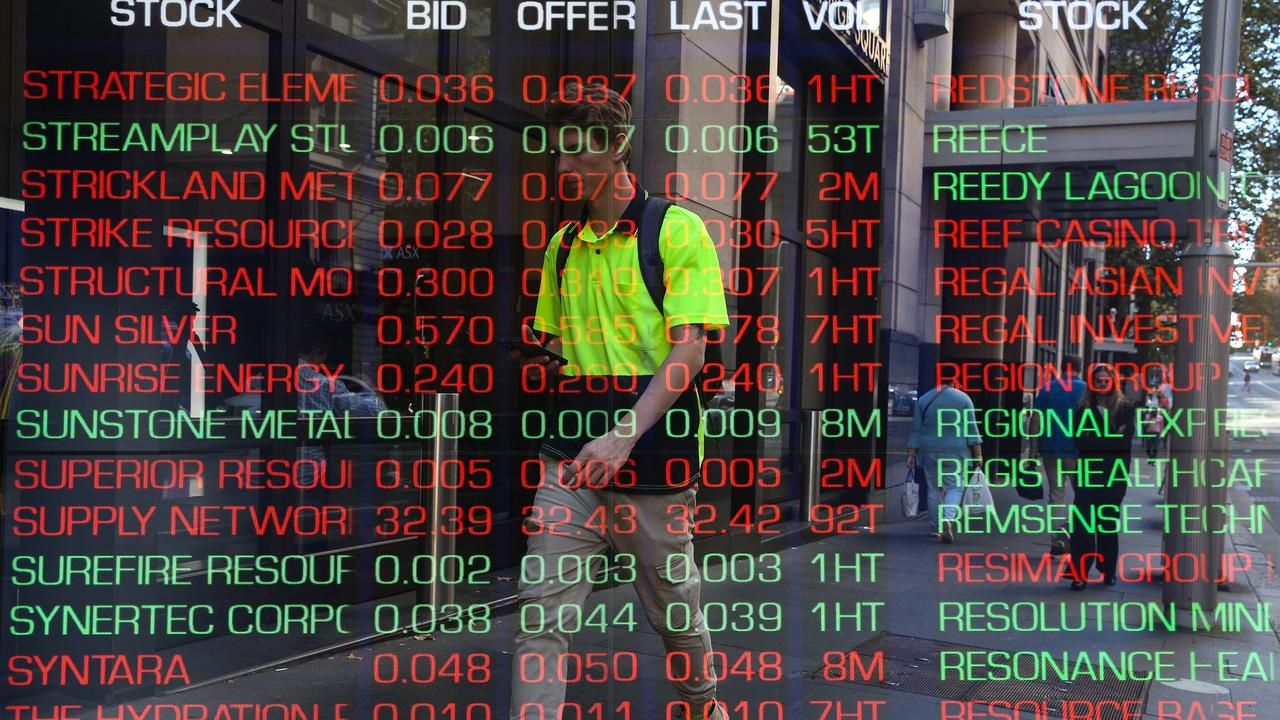Anonymity is lost in the wash
AUSTRALIANS will now be subject to the toughest scrutiny and anti-money laundering laws in the world.
Anonymity is lost in the wash
LUCKY for most of us, terrorism and money laundering are two crimes that don't figure too highly in our safe and comfy lives.
Terrorism is something we see on the nightly news and money laundering, well, who has that much spare cash anyway?
But the government crackdown on terrorism, and the money laundered to fund it, will soon impinge directly on the way we live and invest.
The most significant element of the Federal Government's Anti-Money Laundering and Counter-Terrorism Financing laws is "rigorous" client identity checks.
Big Brother really is watching and ready to pounce.
Companies that do not comply with the client identity checks - or the tough "know-your-client" aspect of the laws - face fines of up to $11 million.
Individuals could be fined up to $2.2 million.
Money laundering is the process criminals or terrorists use to "wash" the money from criminal activity through the financial system.
Basically, this turns illegal "dirty" money into legal "clean" money so it can be spent without attracting the attention of authorities, such as police, the Australian Tax Office and Australia's financial intelligence unit, AUSTRAC.
Acts of terrorism have often been funded this way.
But from now on in Australia, if you open a bank account, take out a loan or try to buy or sell interests in managed investment schemes, buy or sell securities or arrange for someone to buy or sell securities, you will be subject to the toughest scrutiny and anti-money laundering laws in the world.
Companies are obliged to verify the identity of all their clients - and the old-fashioned 100-point check we grew up with will no longer cut it.
"With the 100-point check, everybody knew they just had to turn up with 100 points of ID," Deacons law firm spokeswoman Alison Deitz said.
"But these laws are not prescriptive. It's all risk based.
"The type of identity demanded by an institution or company in order to comply with the new laws is going to depend on the product being bought or sold; it will depend on the customer - who they are, where they live - where the service is being provided and the type of delivery of the service," Ms Deitz said.
"As a customer, you won't know in advance what identification you are going to be asked for. People are used to providing identifying information when they open a bank account or borrow money. But people aren't used to providing that information when they are trying to buy units in a managed investment scheme."
It is also going to affect the way shares are bought and sold. It could mean, for example, if a share price plummeted you'd have to scramble around looking for identity verification and fill out forms just to offload them.
Unfortunately, that appears to be the way of the future and, yes, it is going to cause frustration and extra cost.
Ms Deitz said the final leg of the legislation to come into affect later this year is even tougher and will require companies to secretly monitor and inform on their "risky" clients.
"People need to understand they are going to be monitored on an ongoing basis," she said.
"Transactions will be monitored; customer behaviour will be monitored to see if they fall within a particular pattern of transactions.
"If they do, then a report will be sent to the regulator (AUSTRAC) and the regulator can share that information with government agencies. That information cannot be disclosed back to the customer.
"A lot of information about mums and dads may well end up with various government agencies and those mums and dads won't know that has occurred."
Big Brother is watching.



